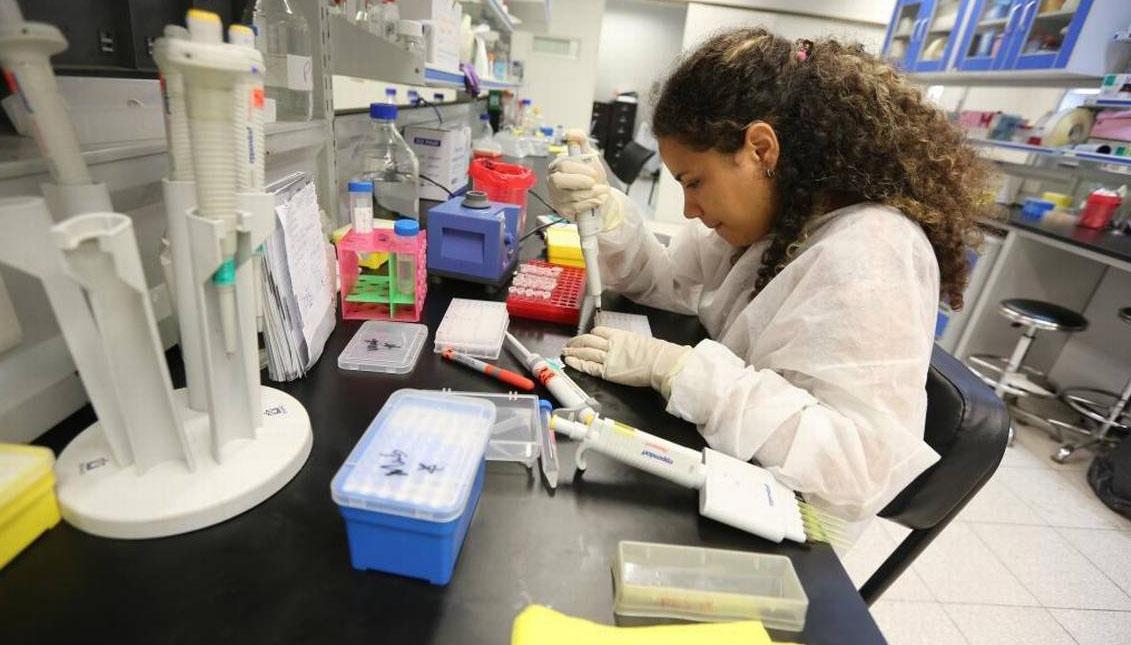At 63, George Keays seemed to have an enviable life – good health, great setting, solid finances.
He had retired as a telecom executive and returned to his previous field of real estate. He lived in Boulder, Colo., a place that emphasizes outdoor living.
“I was a healthy person” who never smoked, he told the Television Critics Association in January. “I have run a marathon. I have always been exercising regularly, eating right.”
Then doctors said he had stage-4 lung cancer, with little time left. “They were ‘six to nine months.’”
That was four years ago. Now Keays is featured in “Cuba’s Cancer Hope” (shown here) a “Nova” documentary (9 p.m. Wednesday, April 1, on PBS) that includes some American doctors who were startled by the island’s medical progress.
Dr. Kelvin Lee, who chairs an immunology department in Buffalo, admits he “thought Cuba is stuck back in ‘I Love Lucy’ days – 1950s, old cars. How could they possibly be doing great science?”
Then a Cuban researcher, visiting her family in the U.S., asked if she could make a presentation. She gave “this amazing seminar,” Lee said. “I leaned over to one of my colleagues and said, ‘Can you believe they are doing this?’”
What they are doing, Keays said, is extending life. “If people are expecting a complete cure, … that’s not really the case. (But) this thing slows the disease to a point where you can deal with it.”
None of that fits Cuba’s stuck-in-the-’50s image, said Chris Schmidt, the “Nova” co-executive producer. “Cuban biopharmaceutical researchers are making remarkable new discoveries.”
In part, Schmidt said, they prove “necessity truly is the mother of invention.”
The necessity began with the 1959 revolution. Many people in Cuba’s upper income groups left – including, the film says, about half the doctors.
Still, Fidel Castro pushed medicine and science. There was a surge in medical schools and research institutions.
“Cuba has … been fairly active in the world for well over 20 years,” said Llewellyn Smith, director of the PBS film. It has “30 biopharma institutions that are doing all kinds of extraordinary research (and has) 2,000 international patents.”
And like most medical people, Lee said, the Cubans share and cooperate. “They truly believe, in their heart-of-hearts, that health care is a right. It’s enshrined in their constitution.”
It was Lee’s enthusiasm that convinced Keays, who happened to see a short news report.
“A couple of patients … had survived stage-4 lung cancer five, six years,” Keays said. “It was the look on (Lee’s) face. He was just visibly moved by what he saw. I said, ‘I have to investigate this.’”
The U.S. bans Americans from going to Cuba for medical treatment. Some people do it anyway, risking arrest and heavy fines; Keays said he went there as a researcher, to write a report. “I wasn’t even sure I was going to get the vaccine, but I wanted to go and investigate it myself.”
By then, he had already outlived the original prognosis by more than a year.
At first, he said, his doctor said he’s “one of those people who could live a long time. I was driving away from the office and he (phoned and) said, ‘Come back in here.’
“I had a CT scan and I had this huge tumor in my lung. Of course it’s life-changing; it’s a shock. But you pick up … and you go forward.”
Two years later, he went to Cuba and to progress. “It seems like the proliferation of disease in my body has slowed dramatically.”
